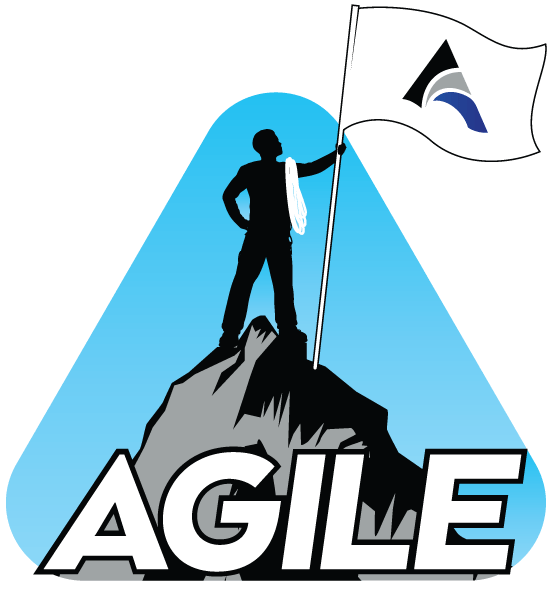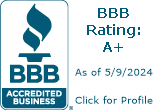Connecticut Sales Tax Exemptions
What is Exempt From Sales Tax In Connecticut?
Beginning on the July 1st, 2011, the state of Connecticut levies a 6.35% state sales tax on the retail sale, lease or rental of most goods. No local jurisdictions apply an additional sales tax, therefore the state rate is fixed at 6.35%.
Use tax is due on items purchased outside of the state and brought into Connecticut for use, storage or consumption. The same 6% rate applies to use tax as well. In general, when you register your business with the state of Connecticut, you will be set up to file sales tax returns on a quarterly basis. If your sales tax liability is more than $4,000 for the prior 12-month period, beginning July 1 and ending June 30, your filing status will be changed to monthly. Monthly returns are to be filed on or before the last day of the month following the month in which the purchases were made. For example, purchases made in the month of January should be filed with the state of Connecticut on or before the last day of February.
Need more information?
For more information on Connecticut sales tax exemptions please visit the sites below.
Connecticut Sales & Use Tax Information
Connecticut Sales Tax Research Bulletins
Sales Tax Compliance FAQs
Sales tax compliance can be intimidating, but it doesn't have to be!
Connecticut Sales Tax Compliance Details
Here is useful Connecticut sales tax compliance information our Agile team members felt could be helpful:
Pre-Payments & Accelerated Payments
- Businesses with tax liabilities between $25,000 and $100,000 per quarter must pay 50% of the previous year's liability or estimate their monthly liabilities and pay 50% of that amount.
- Businesses with a tax liability of over $100,000 per quarter must pay 50% of the previous year's sales & use taxes.
Local Taxing Jurisdictions
- Local taxing jurisdictions with varied rates; generally 1% or 2%.
- Allegheny County adds 1%.
- Philadelphia County adds 2%.
Filing Frequencies
- Three filing frequencies: monthly, quarterly, and semi-annually.
- Monthly and quarterly filings due by the 20th of the following reporting period.
- Semi-annual due dates vary: August 20th for January to June, February 20th for July to December.
- Weekend or holiday due dates pushed back to the following business day.
Timely Filing Discounts
- Monthly filing discount: $25 or 1% of tax collected, whichever is less.
- Quarterly filing discount: $75 or 1% of tax collected, whichever is less.
- Semi-annual filing discount: $150 or 1% of tax collected, whichever is less.
How to Calculate Connecticut Sales Tax?
Utilize the following sales tax formula to obtain the necessary sales tax:
Sales tax = total amount of sale x sales tax rate
If you are looking for more information, check out our Sales Tax Consulting page or talk to one of our Experts:
Find the sales tax exemptions for your state
Select any state in the map below to view all relevant sales and use tax information available for that state.



